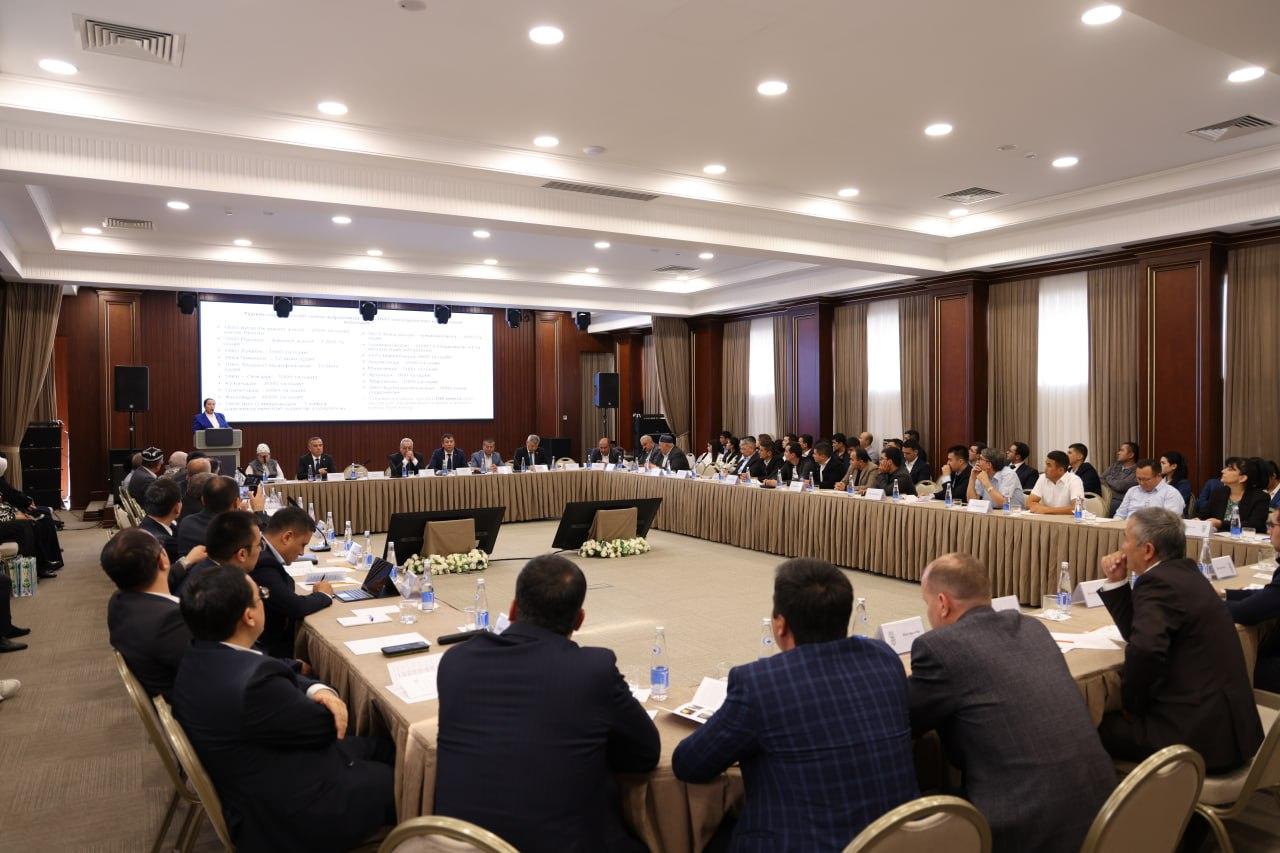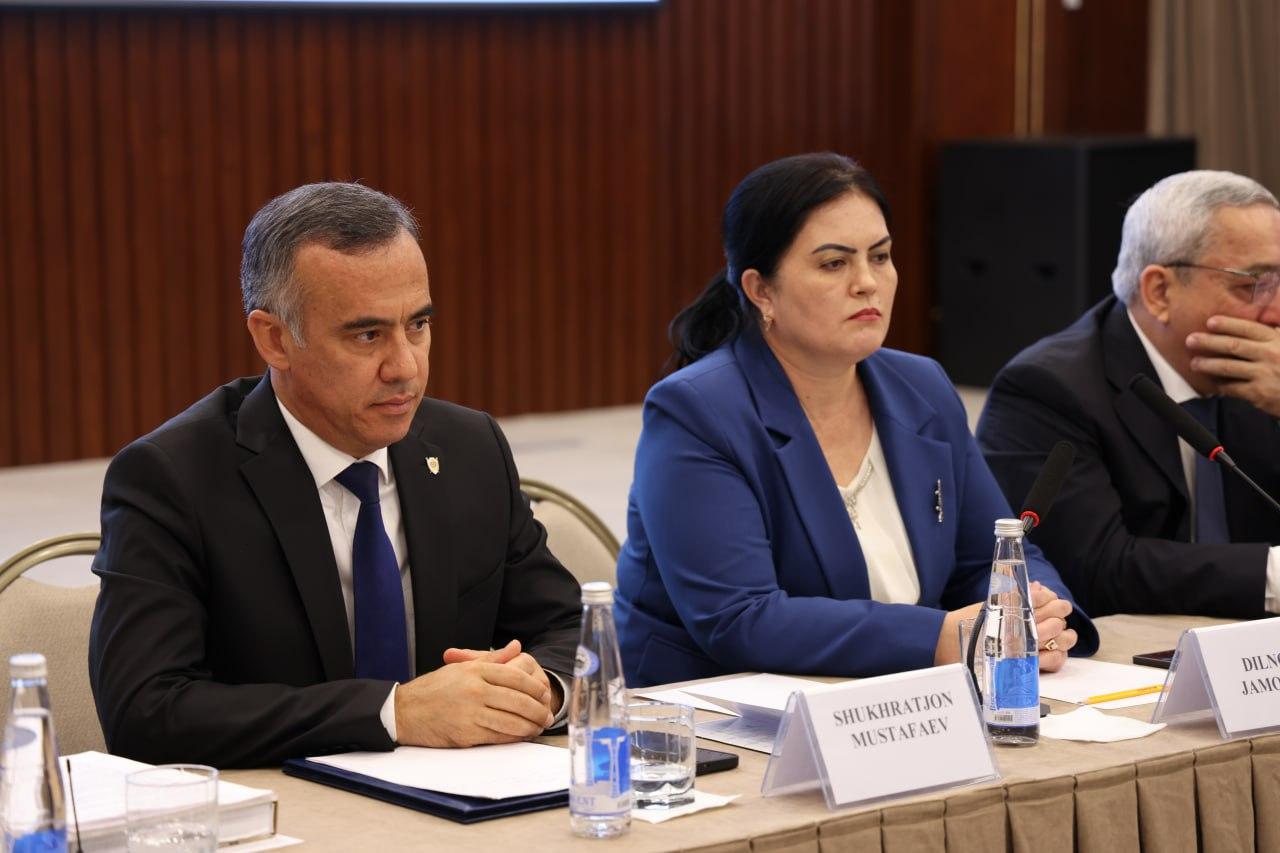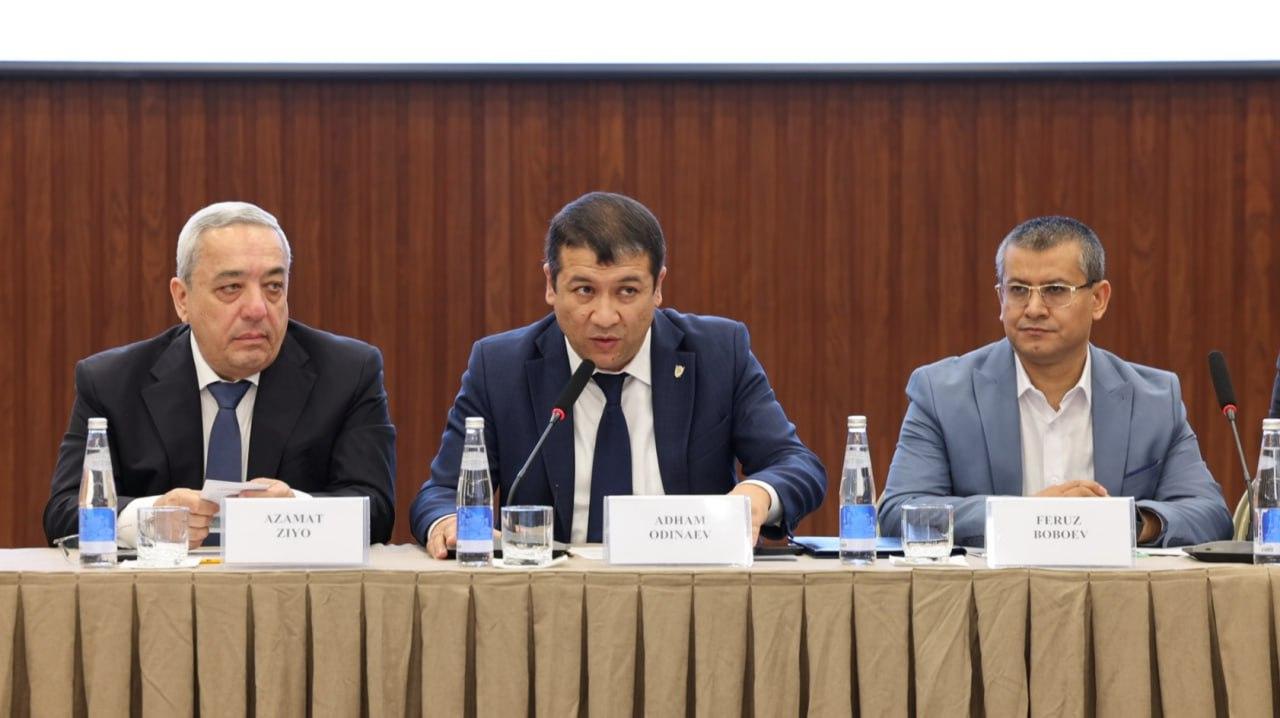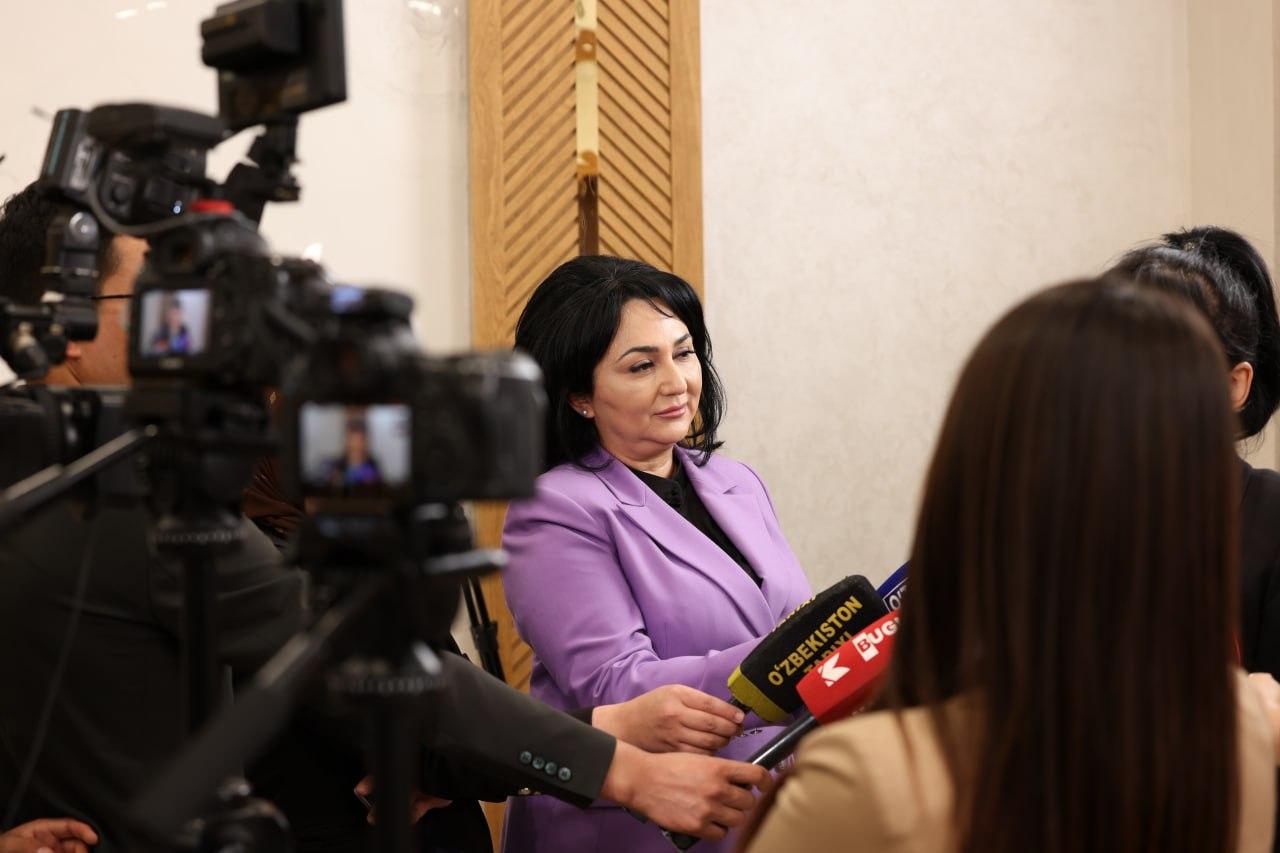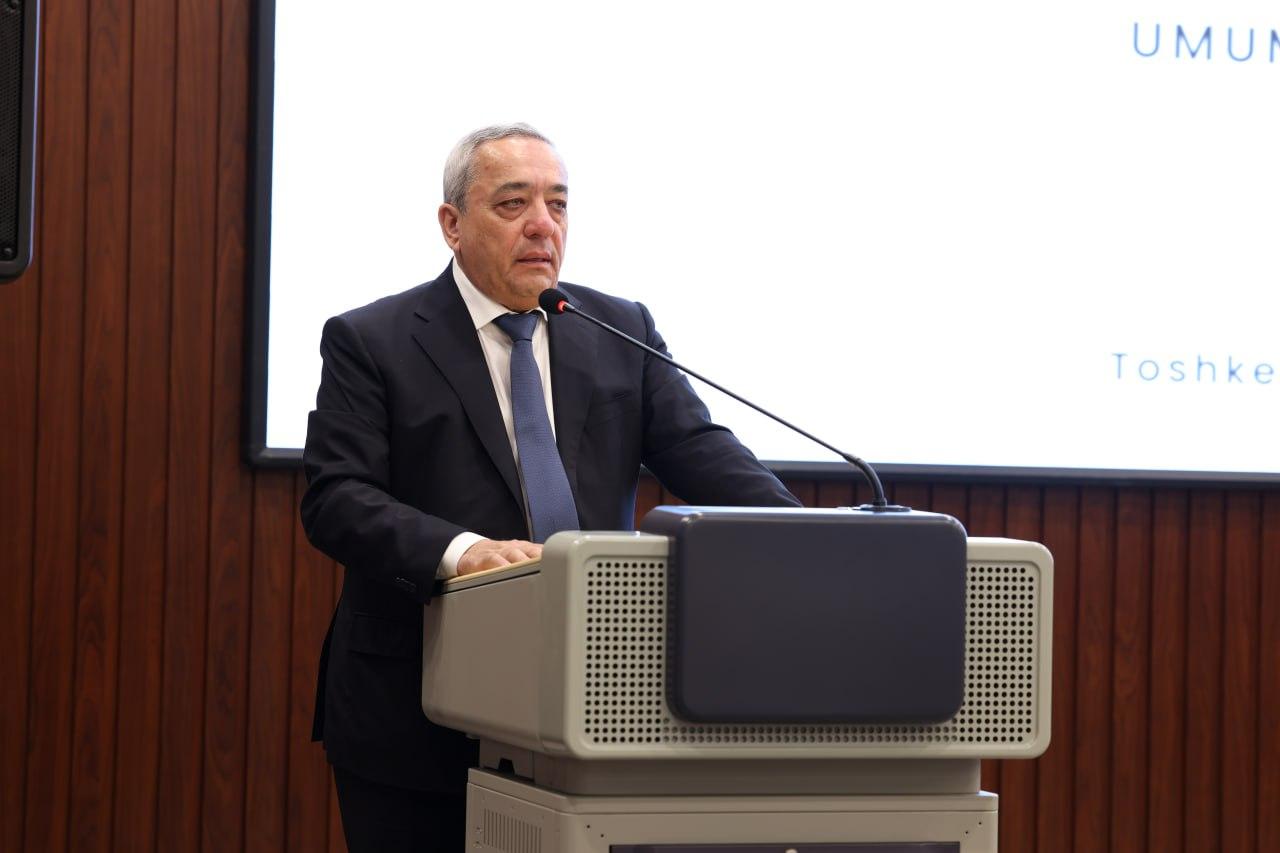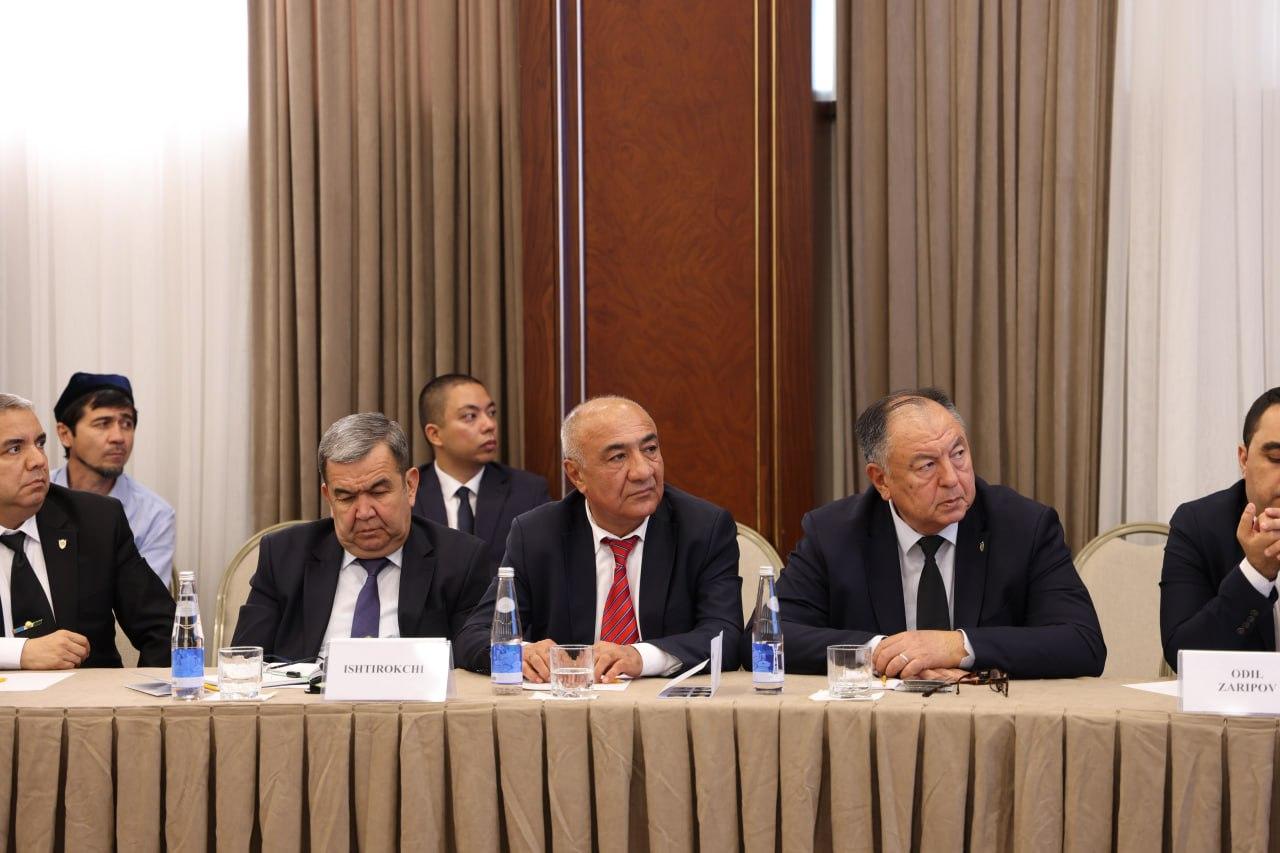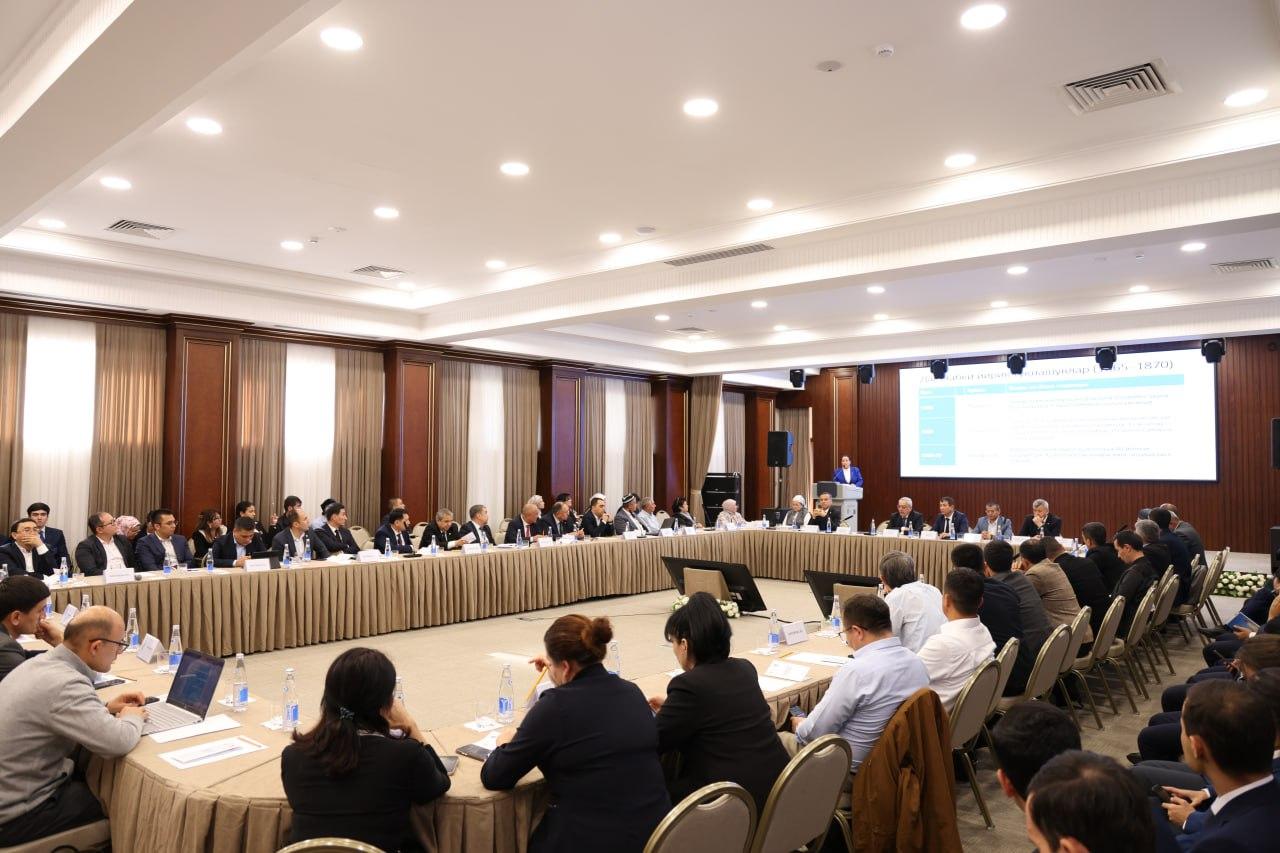A scientific conference titled “Repressions of the people and their consequences” was held at the Law Enforcement Academy
In accordance with the Resolution of the President of the Republic of Uzbekistan dated July 19, 2024, “On the expansion of work on the study of life and work, perpetuation of the memory of compatriots who became victims of political repression”, the first week of October is observed annually as the week of remembrance of victims of political repressions.
As part of the implementation of this decree, on October 3, 2025, the Law Enforcement Academy, in cooperation with the Institute of history of the Academy of sciences of Uzbekistan, held a scientific conference titled “Repressions of the people and their consequences”.
The event was attended by the leadership and staff of the Law Enforcement Academy and the Institute of history, as well as students, researchers, and representatives of the mass media.
In the opening part of the event, the organizers highlighted the historical and spiritual consequences of the years of repression, emphasizing their exceptional importance for national memory and the education of future generations. It was noted that the repressive system primarily targeted the intelligentsia, patriotic and free-thinking youth, including prosecutors: criminal cases were initiated against 150 employees of the prosecution service, 30 of whom were executed.
It was also emphasized that commemorating the victims of repression and widely promoting their courage and ideals are essential factors in preserving national identity and strengthening the moral and spiritual foundations of society. In this regard, the cooperation between the General prosecutor’s office, the Law Enforcement Academy, and the Institute of history of the Academy of Sciences plays a significant role in achieving these noble goals.
The director of the Institute of history, Academician Azamat Ziyo, provided a detailed account of the ongoing research, including the annual nationwide academic readings “Colonialism, repressions, and the nation”,traditionally held during the first week of October, as well as the studies dedicated to the history of the Jadid national movement, the identification of victims of repression, and the examination of their lives and activities.
The scholars who spoke at the conference also addressed issues related to the origins of the policy of repression and its consequences for the intelligentsia, entrepreneurs, landowners, herders, religious figures, members of national political organizations, and the national press.
The event was also attended by descendants of the victims of repression, who shared valuable information about their ancestors.
In the concluding part of the conference, discussions and debates took place, during which it was emphasized that such events should be held on a regular basis.

